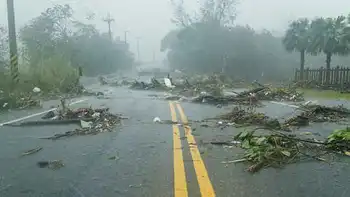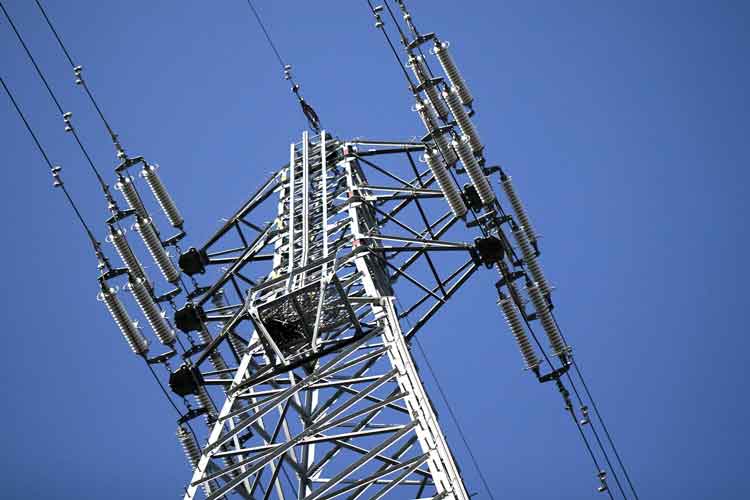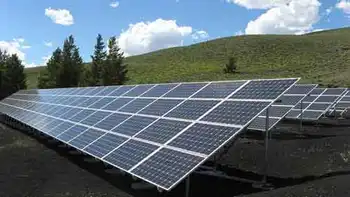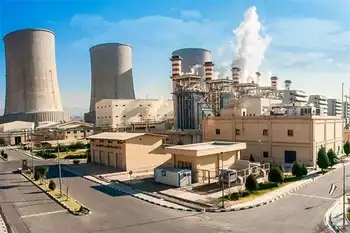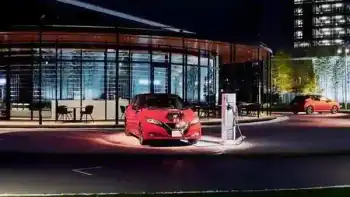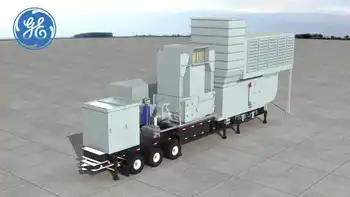Electric car fueling stations planned
By Associated Press
Substation Relay Protection Training
Our customized live online or in‑person group training can be delivered to your staff at your location.

- Live Online
- 12 hours Instructor-led
- Group Training Available
Electric vehicles are expected to be available in Hawaii's auto showrooms in 2011, and Palo Alto, Calif.-based Better Place intends to power them by tapping into the state's growing renewable energy industry.
Hawaii is an ideal market for electric vehicles because of its geographical containment and the relatively short distances traveled by most motorists, said Pete Cooper, in charge of global development for Better Place.
"We're really a catalyst to accelerate the move to electric vehicles and the shift away from fossil-fuel energy," he said.
The company is already developing an electric recharge grid for Israel, where it will install 500,000 charging stations and 150 battery-exchange depots. Officials in Denmark have agreed to a similar program.
Hawaii's potential for renewable energy through wind, solar, ocean, geothermal and biofuel sources make it a strong testing ground for electric cars, Cooper said. The company is dedicated to buying energy from renewable sources.
Hawaiian Electric Co. spokesman Darren Pai said the utility didn't want to comment on Better Place's plans but does support renewable energy in transportation as a way to reduce Hawaii's dependence on fossil fuels.
"We are very excited about the prospects of vehicles that use electricity. Not only would they be good for Hawaii, but Hawaii is a great place for them. Our relatively short driving distances make these vehicles a practical means of getting around," Pai said.
Hawaii also benefits from $1.7 million in grants received last month to modernize the state's electric grids to accommodate an influx of renewable energy.
Better Place intends to sell its power for electric cars on a subscriber-based model, similar to what's used by the mobile phone industry. The company doesn't manufacture or sell electric vehicles itself because those jobs will be done by traditional auto makers and car dealers.
Car owners would sign up with Better Place for a monthly plan providing recharge and battery exchange services for unlimited miles. Other options would allow subscribers to pay as they go.
Then electric car drivers could charge up in parking garages, shopping malls and street curbs. Better Place says it would remove depleted batters and install a fresh battery in under three minutes.
The company says its service removes a major drawback to electric cars: their heavy and costly batteries, which weigh about 500 pounds and cost $11,000. Better Place would own the batteries, substantially reducing the purchase price of the car, and the company's charging and exchange systems would relieve owners of the need to handle them.
A fully charged vehicle would have a range of more than 100 miles.
A more detailed announcement about Better Place's plans for Hawaii will be made by the end of the year, Cooper said.





